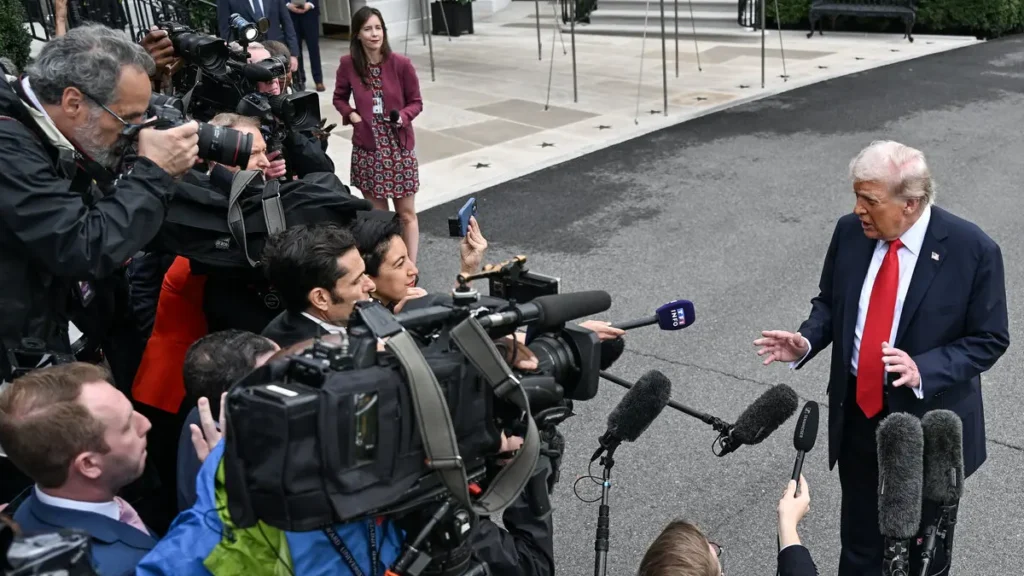
In the aftermath of conservative activist Charlie Kirk’s murder, U.S. political leaders have been locked in a heated debate over the boundaries of free speech, hate speech, and how authorities should respond.
Charlie Kirk, a prominent conservative figure, was fatally shot at a campus event. His death has deeply shaken his supporters and raised questions about violent rhetoric and political polarization.
In response, Attorney General Pam Bondi stated in a podcast that her office would “absolutely target” individuals who engage in hate speech. Critics quickly raised concerns this could infringe protected First Amendment rights.
After facing criticism, Bondi clarified her remarks by saying that “hate speech that crosses the line into threats of violence is not protected by the First Amendment,” and emphasized that her office is not prosecuting protected speech merely for being hateful.
Senator Ted Cruz defended the constitutional protection of even hateful speech, affirming that while it may be protected from government prosecution, people or employers may face social or professional consequences for such speech.
Progressive groups warn that the rhetoric coming from some Republicans, including demands to investigate NGOs, media organizations, and donors, resemble Cold War–era tactics of political repression and “McCarthyism.”
Legal scholars and civil liberties defenders caution that vague or expansive definitions of hate speech could chill free expression, and the government must tread carefully to avoid criminalizing offensive or hateful speech that doesn’t cross into threats or incitement.
